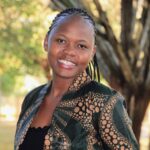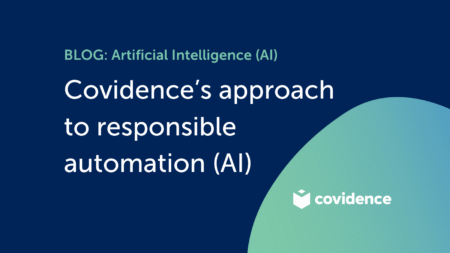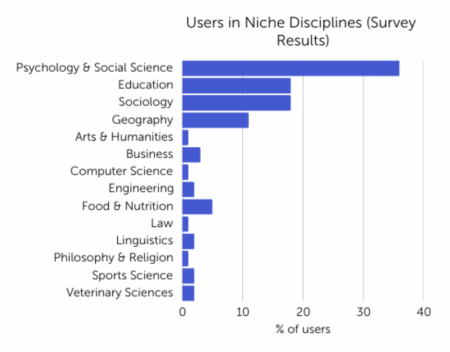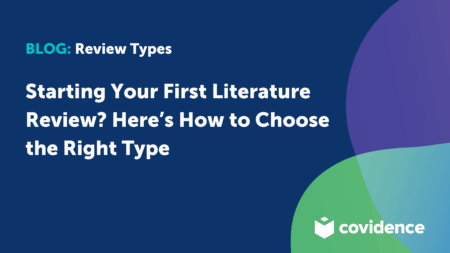In May 2025, Cochrane Kenya hosted the 5th Cochrane Africa Indaba, a first for the country and a powerful moment for the continent. “Indaba” comes from the Zulu and Xhosa languages of southern Africa, where it means “matter,” “discussion,” or “conference.” Traditionally, it referred to a gathering of community elders to discuss important issues and make decisions through shared wisdom. An indaba is more than a conference; it’s a gathering of voices, ideas, and leadership. This Indaba brought together researchers, policy-makers, healthcare workers, and community members to tackle one of Africa’s biggest health challenges, which is how to turn evidence into action.
Throughout the conference, the theme was clear, evidence alone is not enough. To make a difference, it needs to reach the people who can use it, in formats they understand, and in time to make a change. It needs to live beyond academic publications. As Community Manager at Covidence, I was there not just to represent the platform, but to listen to the lived realities of researchers working in rural clinics, health officials trying to close policy gaps, and early-career academics trying to make sense of complex data.
Covidence, the tool behind many systematic reviews, came as a quiet partner, not to take the spotlight, but to understand how we can better support evidence synthesis in African contexts.
What the Indaba taught us and any researcher anywhere
1. Generating evidence is not the same as making an impact.
As Dr. Jennifer Orwa, Director of Cochrane Kenya, pointed out: “Achieving impact in health systems in Africa is more than just generating evidence.” The challenge is not just creating knowledge, but ensuring it’s used where it matters most. The Indaba emphasized that we must boldly collaborate across disciplines and sectors, including researchers, communities and policymakers to be able to close the gap between research and real-life outcomes.
2. The 10/90 gap is still a hard truth.
We were reminded that only 10% of global health research resources are focused on the conditions that affect 90% of the population. “Whose priorities matter?” was a question echoed in many sessions. The need for critical mass and critical density in African-led research was clear not just to generate local evidence, but to ensure local ownership and leadership in health decision-making. Bridging this gap means shifting power to those most affected, and building systems where evidence truly serves the people.
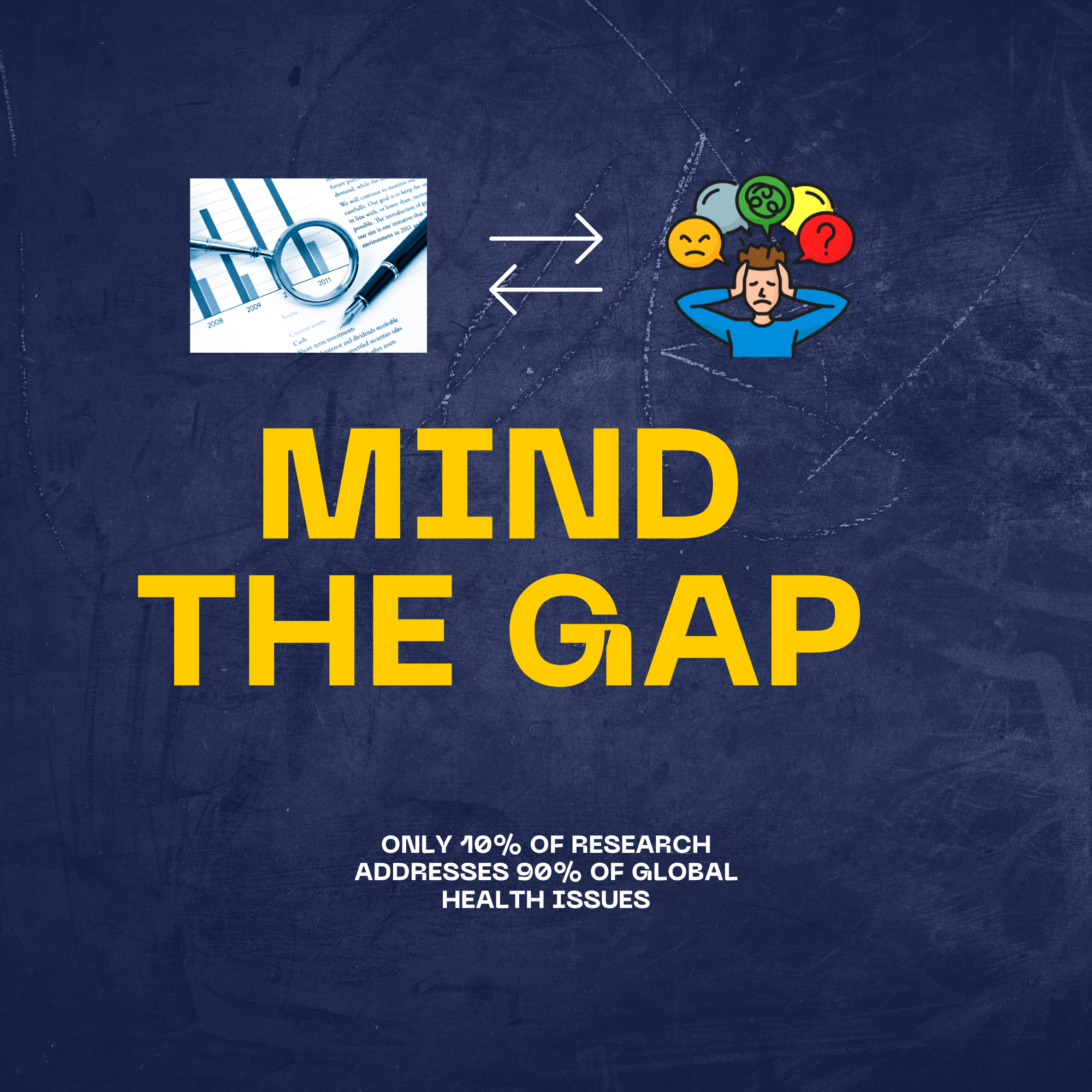
3. We waste too much.
Dr. Tamara Kredo made a sobering point: “87% of research resources are wasted because of low-priority questions, important outcomes not addressed, and a huge gap between researchers and policymakers.” Systematic reviews when done well can counter this. They help identify what works, what’s missing, and where we need to go next. But this will only happen with massive investment in capacity building, mentorship, and user-friendly tools for review production.
4. Innovation must include people.
“Innovation isn’t just a strategy, it’s how we stay relevant and responsive in a rapidly changing world,” said Karla Soares-Weiser, CEO of Cochrane. But as many speakers reminded us, technology without people is not innovation, it’s noise. Whether it’s a digital review platform or a national health strategy, people are the enablers of change. And in African health systems, lived experience matters just as much as data.
5. The way we teach evidence matters.
One of the most powerful moments was when Dr. Ekwaro Obuku quoted: “Tell me and I will forget, show me and I may remember, involve me and I will understand.” This shaped the very essence of the Indaba, from hands-on workshops to peer learning sessions, all rooted in inclusion, collaboration, and shared responsibility for evidence use.
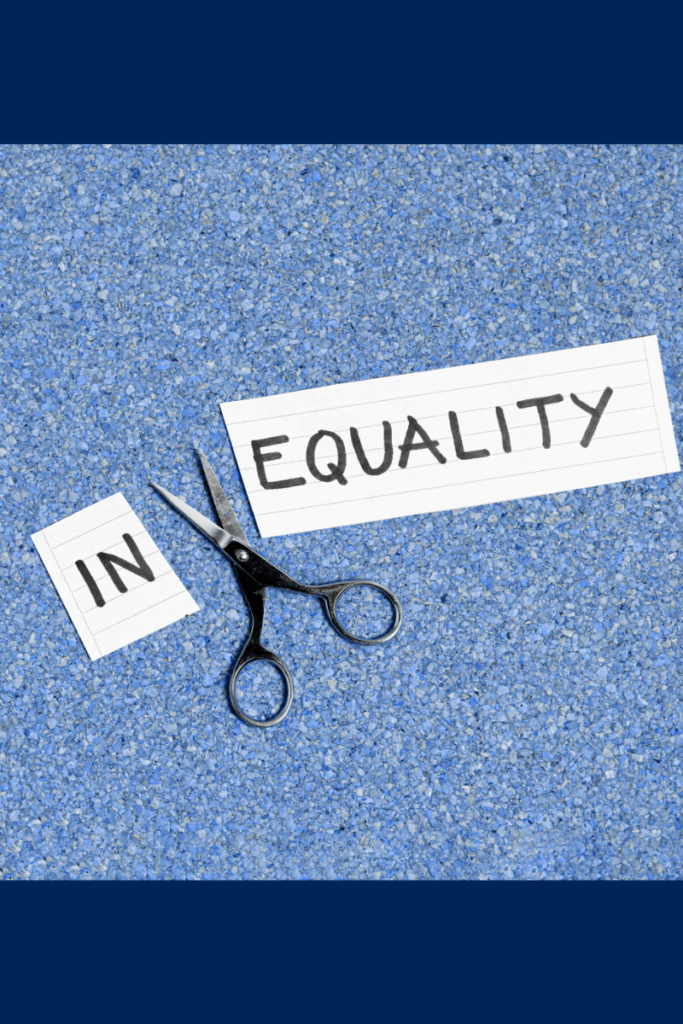
6. Health remains inequitable and systems must respond.
Health disparities continue to trap communities across the region. Issues around health insurance schemes, misaligned priorities, and dominance of high-resource settings in global evidence were all raised. The Indaba became a space to reflect honestly and critically about the structural barriers that limit the reach of research and the voice of African health professionals.
7. Living reviews are the future, if we build the systems to sustain them.
We also heard about the promise of living reviews, which continuously update evidence as new findings emerge. But for these to thrive, there must be clear categorization, guidance, and strong partnerships. The ALIVE Innovation platform was introduced as an example of how evidence systems can evolve alongside global health needs.
Conclusion
As the Indaba drew to a close, one message stood out loud and clear: good evidence must lead to good action. For that to happen, the right tools must be within reach for everyone, not just the privileged few. Covidence stands firm in this vision. As a trusted platform used by over 300,000 researchers worldwide, Covidence continues to empower individuals and teams to produce high-quality systematic reviews, efficiently, collaboratively, and transparently.
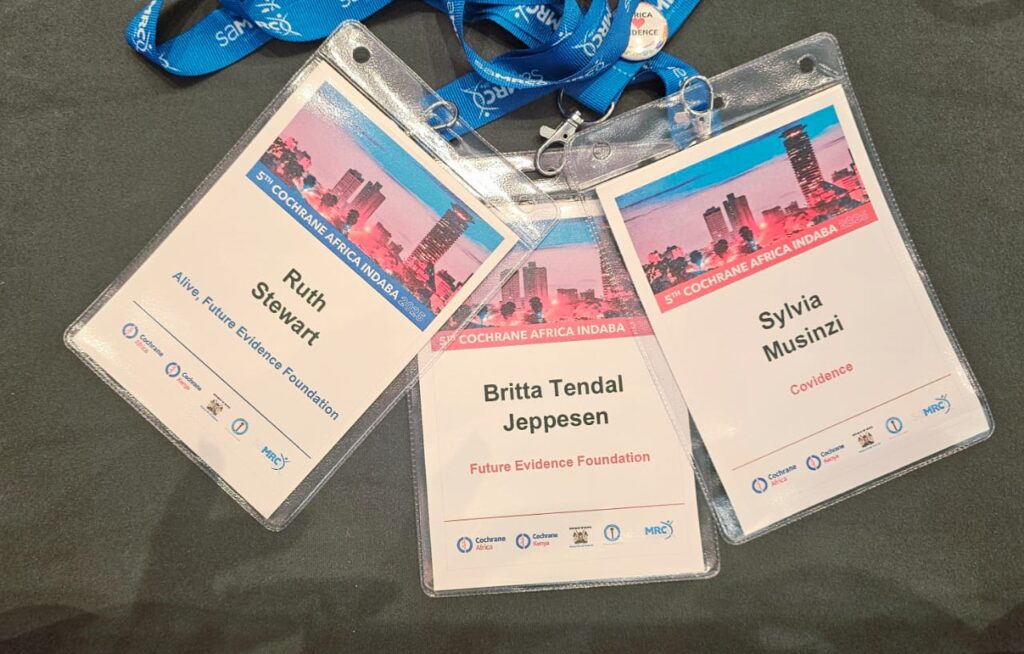
What makes this more meaningful in the African context is that Covidence provides free access to researchers in low- and lower-middle-income countries (LMICs). This commitment isn’t charity, it’s solidarity. It’s about leveling the playing field so that researchers in LMICs can ask relevant questions, find timely answers, and influence policies that shape lives.
The challenges discussed at the Indaba from research waste, to the 10/90 gap, from innovation fatigue to systemic inequality can feel overwhelming. Ruth Stewart, a panelist at the conference rightly said, “Everybody likes to do things like yesterday because it’s safer. But real change means stepping into something unfamiliar.” Covidence is proud to be part of that “something unfamiliar” the push toward equity in evidence. Whether you’re based in a Nairobi clinic, a Johannesburg university, or a remote research hub in Burkina Faso, you deserve the tools and support to turn knowledge into action. In Kenya, under wide skies and in the company of committed changemakers, the 5th Cochrane Africa Indaba reminded us that evidence isn’t neutral. It reflects power, priorities, and access. And platforms like Covidence must continue not only to support researchers but also to listen, adapt, and walk alongside them. Because the future of health belongs to everyone, so must the tools that build it.
Are you a researcher based in a low- or lower-middle-income country (LMIC)?
We’d love to support your evidence journey. Reach out to us at support@covidence.org.
